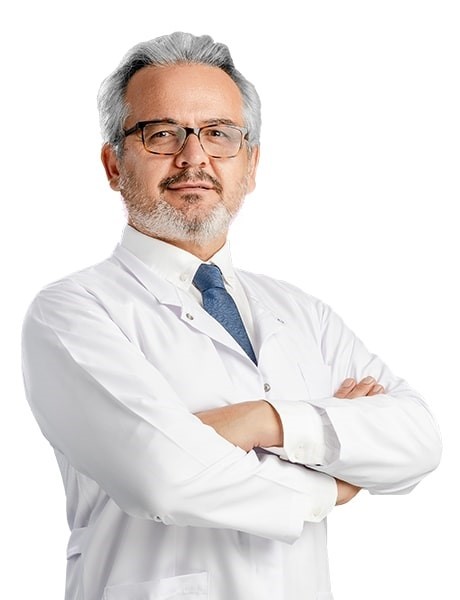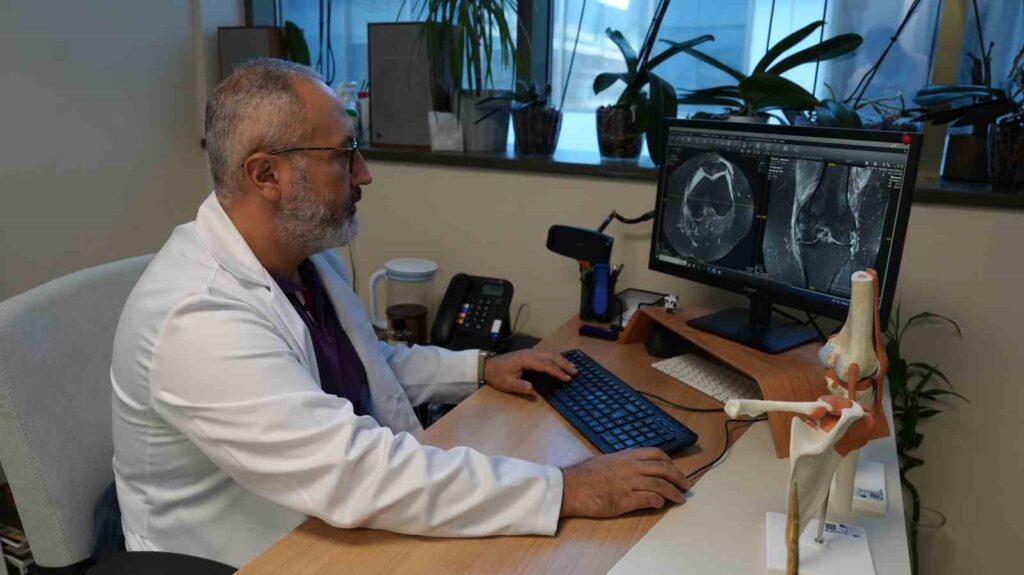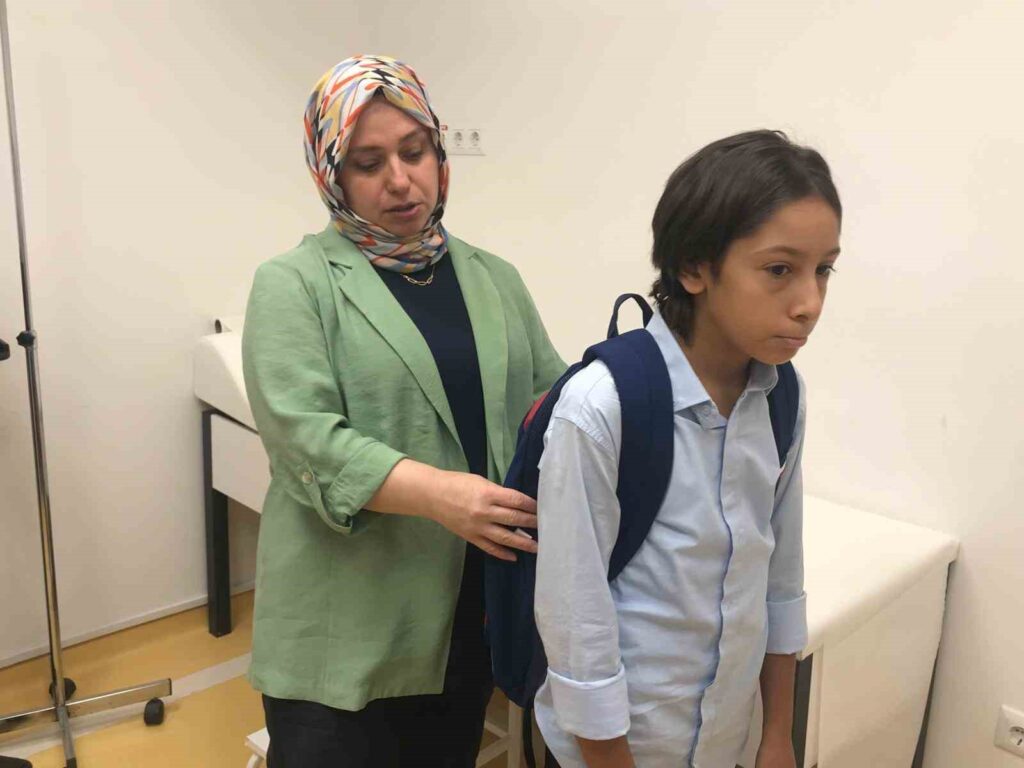Cross transplantation is becoming the hope for desperate patients
Dr. Uğur Saraçoğlu, despite being a voluntary donor, helps patients who cannot receive a kidney from their own donor due to blood or tissue incompatibility by matching them with another patient and donor in the same situation, so that one donor’s kidney can be transplanted to the other’s recipient.

Dr. Uğur Saraçoğlu, a specialist at Acıbadem Kent Hospital Kidney Transplantation team, stated that in recent years, more patients have benefited from kidney transplantation by matching a patient who cannot receive a kidney from their own donor due to blood or tissue incompatibility with another patient in the same situation and their donor. Emphasizing that this practice is called ‘cross transplantation’, Saraçoğlu said, ‘This method has become a solution to the desperation of more families in recent years.’
Bartering Lives
Urology Specialist Dr. Uğur Saraçoğlu from Acıbadem Kent Hospital Kidney Transplantation team noted that according to statistics, more than 52,000 patients underwent kidney transplantation in the country between 2002 and 2023. Pointing out that about 25,000 patients with chronic kidney failure are on the waiting list for transplantation, Dr. Saraçoğlu said: ‘Among patients waiting for kidney, liver, and heart transplants, undoubtedly kidney patients are the luckiest group. Despite all the difficulties, they can survive with dialysis. However, the quality of life of patients receiving dialysis treatment is not as good as those undergoing transplant treatment, and their life expectancy is shorter. These patients are freed from living dependent on machines through transplantation from deceased or living donors. But in our country, donations from deceased donors cannot bring hope to all patients on the waiting list for transplantation. Here, volunteer living donor candidates (relatives or family members of the patient) come to the rescue. However, there are patients who lose the chance of transplantation because their living donors do not match their blood and tissues. ‘Cross transplantation’, or in other words, ‘kidney exchange’, provides a solution to this desperation.
‘What is Cross Transplantation’
Dr. Uğur Saraçoğlu also pointed out that there is a group of patients and their relatives who want to donate a kidney but cannot do so due to blood group incompatibility. He continued as follows: ‘We call the practice of performing kidney transplantation by matching a patient who cannot receive a kidney from their donor due to blood and tissue incompatibility with another couple in the same situation ‘cross transplantation’. Although transplantation attempts without blood group compatibility have been made, the lower success rate and the high costs of drugs and care in such incompatible transplants have led to this option not being preferred. Therefore, for patients who cannot undergo kidney transplantation despite having a willing donor due to blood group incompatibility, we prefer the option of ‘cross transplantation’ (exchange transplantation, kidney brotherhood). With this method, the donor relative can give their kidney to another patient they do not know, thus freeing their own relative from the expectation of being called from the cadaver list. In addition, the prolongation of the cadaver expectation exposes the patient to many unwanted health problems, including chronic kidney failure and even death, and with this practice, the patient will have the chance to avoid additional problems in the long term. All patients with willing donors but without blood group compatibility are eligible candidates for the appropriate cross transplantation application.
Lists of Cross Transplant Candidates are Being Prepared
Dr. Saraçoğlu, emphasizing that live donor kidney transplantation is the best treatment option for kidney failure, said, ‘Kidney transplantation from a deceased donor is also possible, but the longest kidney lifespan can be achieved with live donor kidney transplantation.’ Reminding once again that generally the donors in live donor kidney transplantation are first or second-degree relatives of the patients, but the blood groups and tissue types of the donor and recipient are not always compatible, Saraçoğlu said, ‘We create a pool, a list from such patients, and try to match those who are suitable. In fact, 24 couples have benefited from our pool in our hospital in 11 years. In other words, 48 of our patients have undergone transplantation and been freed from dialysis. In the future, we hope that in our country, like in Western countries, more patients will be offered this practice as an option nationwide by providing such matches. We are aware of some studies in this regard and we are looking forward to them.’







